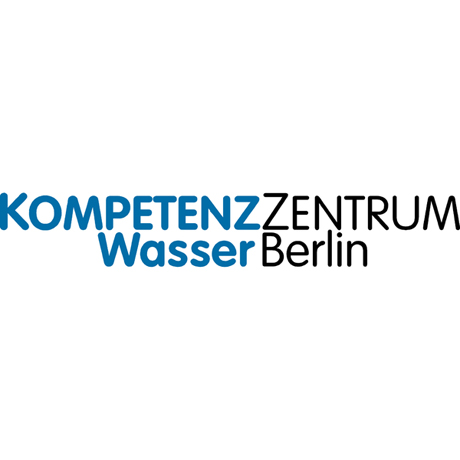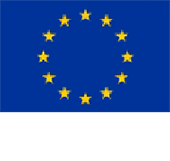The Berlin Centre of Competence for Water (Kompetenzzentrum Wasser Berlin gGmbH, KWB), is an international non-profit public private research center on urban water systems. The shareholders are the world leading company for water supply and sanitation Veolia, the largest German water utility Berlinwasser, and the Senate of Berlin. The main mission consists of the planning and the execution of R&D projects, and the dissemination of project results together with the organization of conventions and symposia. The KWB has a staff of about 30 full-time persons, active in projects mainly related to water resource management and innovative water and wastewater treatment technologies.
Since its creation in 2001, KWB initiated and conducted several studies related to leading edge technologies for wastewater treatment, resulting in more than 200 publications (journals and conferences). Since few years, KWB has been conducting a research program on energy and nutrients recovery in wastewater systems, embodied by the projects CODIGREEN, CARISMO, P-REX, and HTC-CHECK. KWB has also developed specific expertise on Life Cycle Assessment of urban water concepts and applied this expertise in projects such as SCST (LIFE), OXERAM2, CODIGREEN, P-REX, DEMEAU, and DEMOWARE. KWB is specialized in the management of research projects and is certified since 2010 under Quality Management System according to DIN EN ISO 9001:2008 that guarantees professional project management procedures and the maximum quality level of all our activities. KWB has extensive experience with European projects, and is corporate member of the International Water Association (IWA), the European Sustainable Phosphorus Platform (ESPP), and the Water Supply and Sanitation Technology Platform (WssTP).




